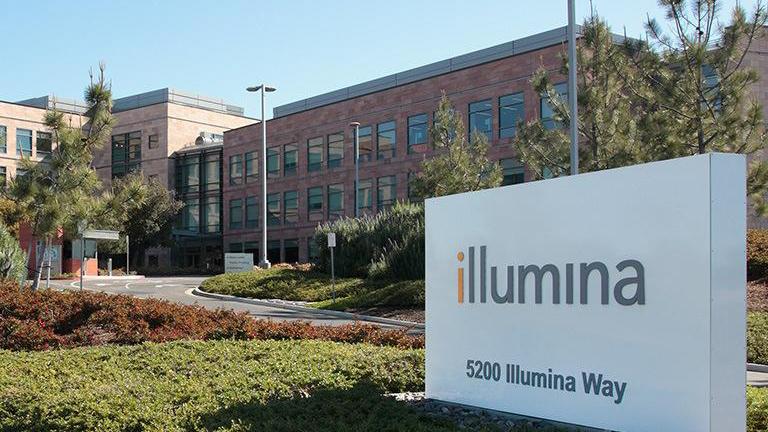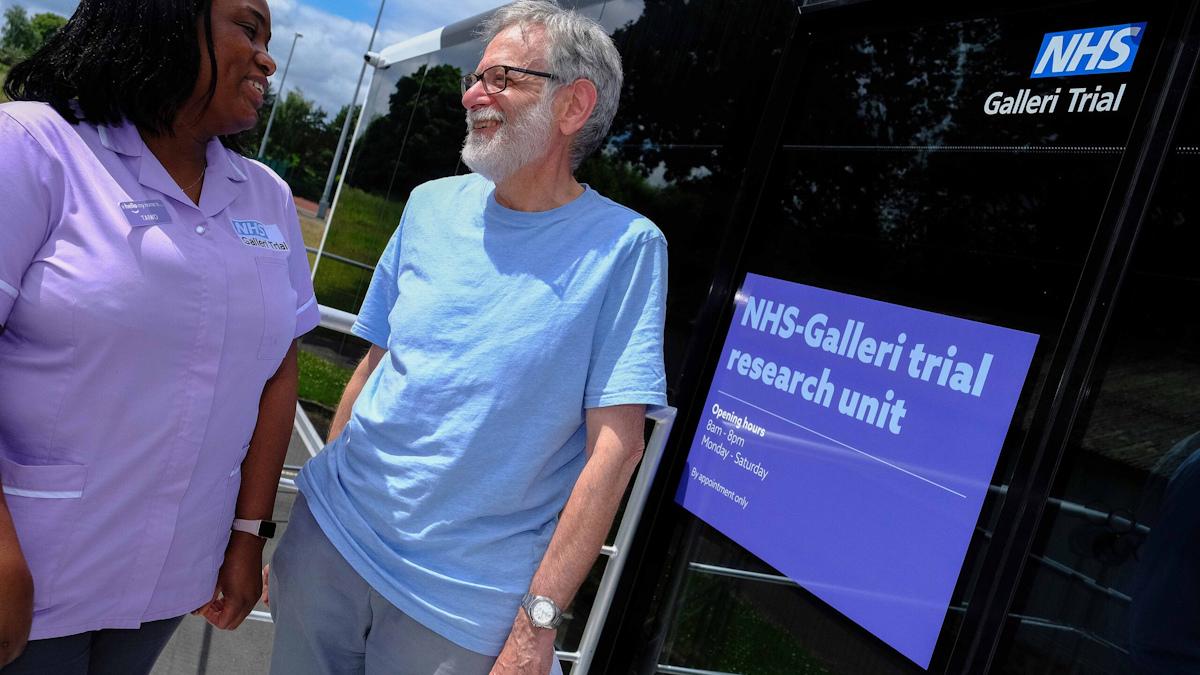Pressure raises on Illumina as FTC orders it to shed Grail

The Federal Trade Commission has ordered Illumina to divest Grail, the cancer detection business it bought for $7.1 billion in 2021, saying it will “stifle” competition and innovation in the US.
The decision comes despite the conclusions of an FTC judge, issuing an opinion last September that rejected the regulatory authority’s provisional verdict that the takeover was anti-competitive, but in sync with authorities in Europe, which arrived at the same conclusion.
Illumina has said it will appeal the ruling, which will provide a stay on the order to unwind Grail as that process plays out, and claims that it has a “strong case” given the verdict arrived at by the FTC judge.
It is hoping to bring the appeal to a resolution in early 2024, at around the same time as it should get the result of an appeal lodged with the European Court of Justice.
Grail has been operating as a separate organisation ever since the acquisition, which Illumina pursued against the advice of the FTC and European Commission, and has resulted in an attempt by billionaire activist investor Carl Icahn to force through changes in the company’s management team.
Icahn recently launched a proxy fight to try to place three new members of Illumina’s board, whilst accusing management of “recklessness” in following through with the Grail deal, which he claims could result in the company being forced to pay $458 million in fines and $1.75 billion in taxes if it is ultimately forced to divest the business.
Illumina insists, however, that the nominees lack “experience in and knowledge of” its industry and would jeopardise the company’s long-term success.
At the heart of the fight is Grail’s Galleri diagnostic platform, which aims to detect dozens of different forms of cancer from a blood test – before symptoms appear – allowing early treatment. The approach is sometimes referred to as a liquid biopsy, and works by detecting chemical changes in fragments of cell-free DNA (cfDNA) that leak from tumours into the bloodstream.
Illumina equipment is used to analyse DNA in blood samples, and – as the dominant player in this category – the FTC has said it is concerned that the merger could squeeze other liquid biopsy developers out of the embryonic market.
The company claims that the authority is over-reaching its authority, and blocking development of and access to the prescription-only Galleri test, which is already available commercially in the US as a paid-for service at around $949, but isn’t yet widely covered by insurers.
It is not the only developer of so-called multi-cancer early detection (MCED) tests, but, according to the FTC, keeping Grail part of Illumina will “diminish innovation in the US market for MCED tests, while increasing prices and decreasing choice and quality of tests.”
Grail was originally part of Illumina, but was spun out in 2016, with the sequencing giant retaining a minority stake.













